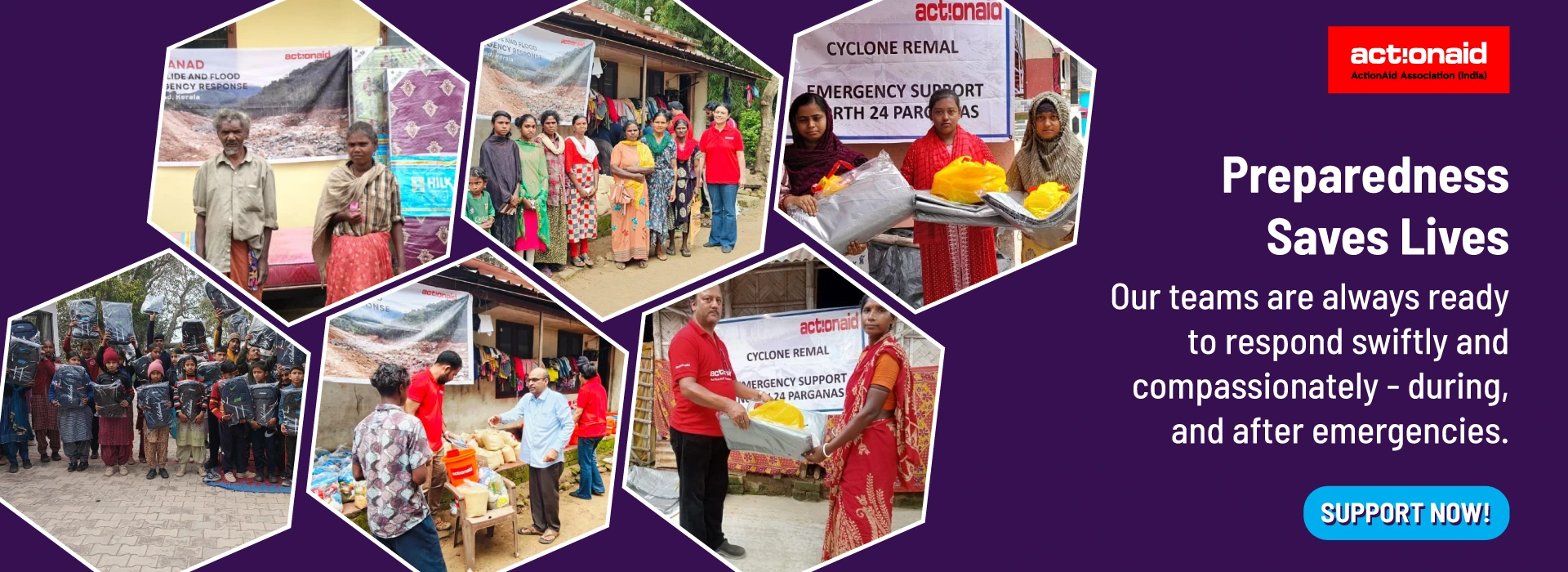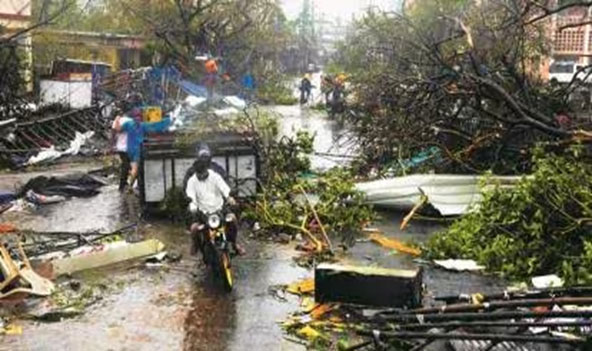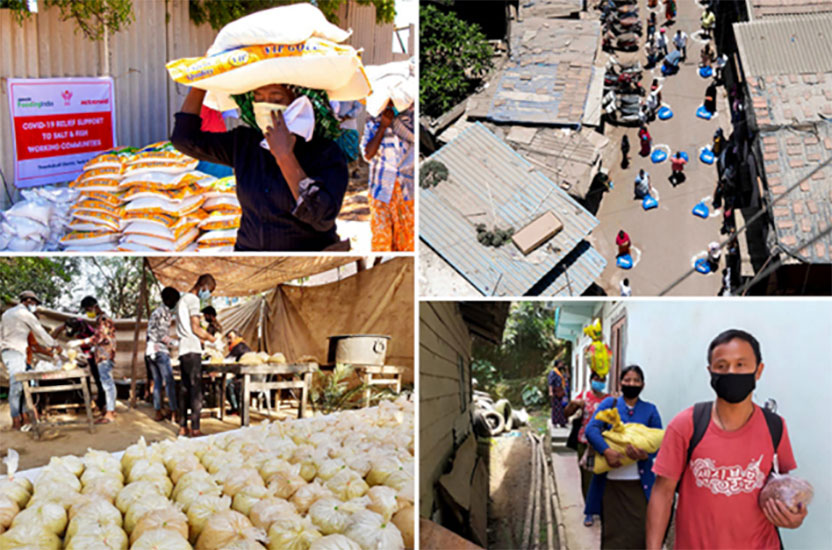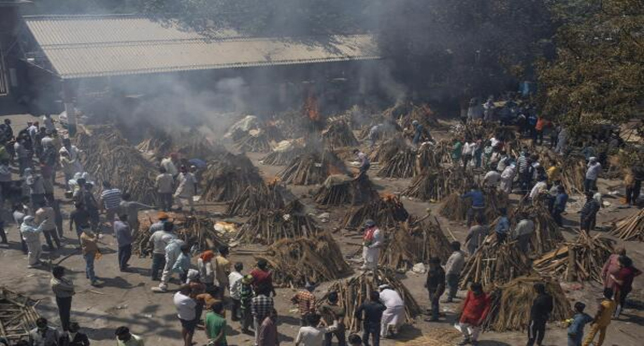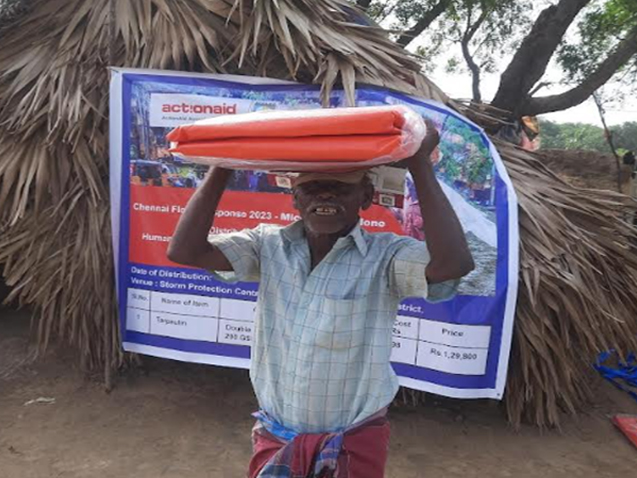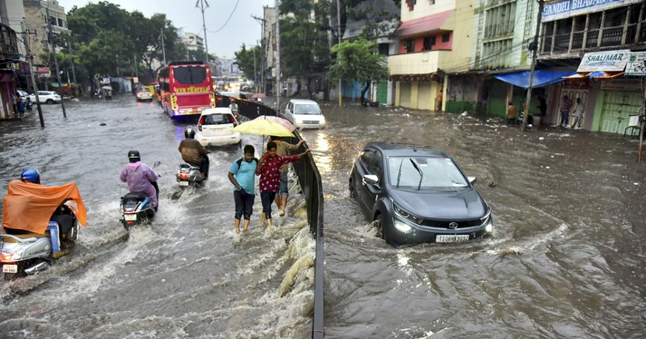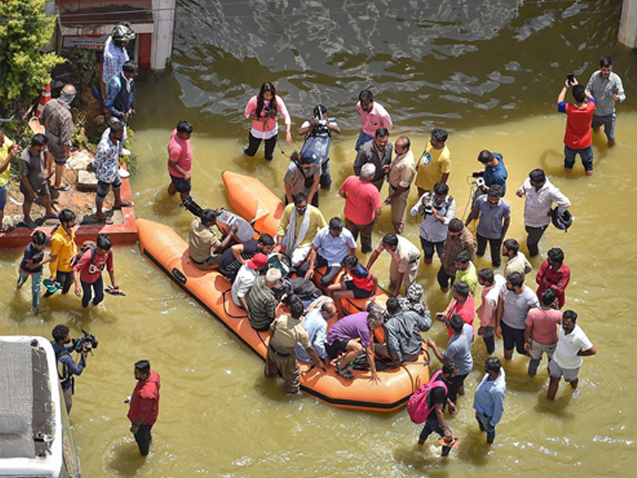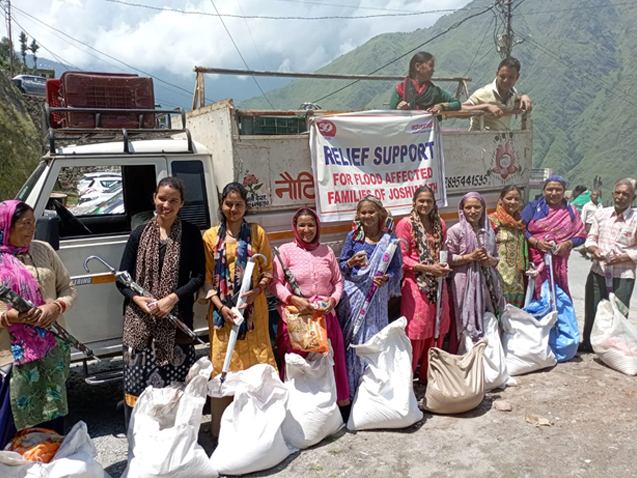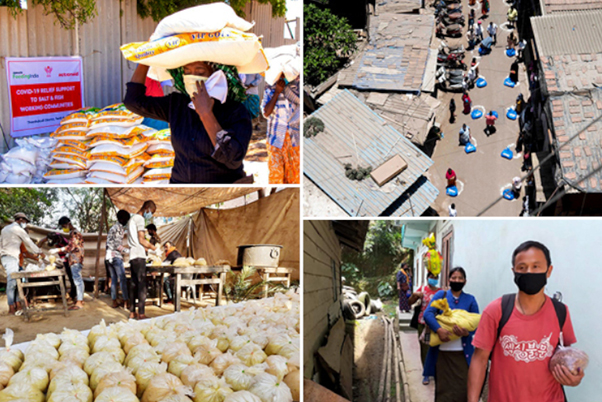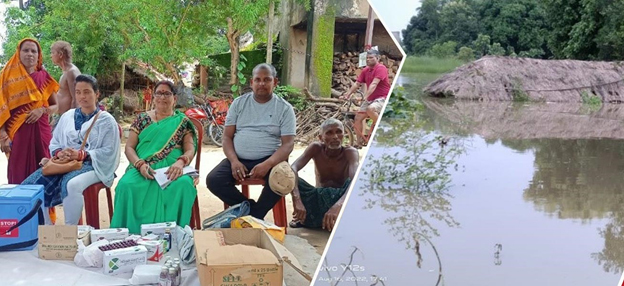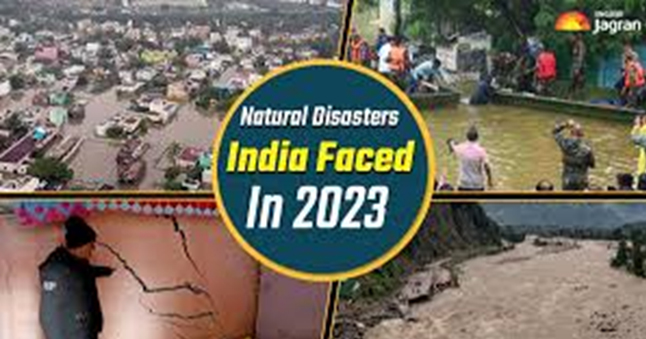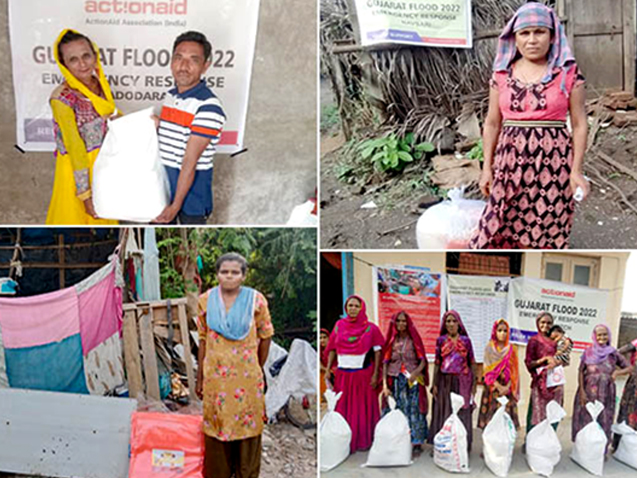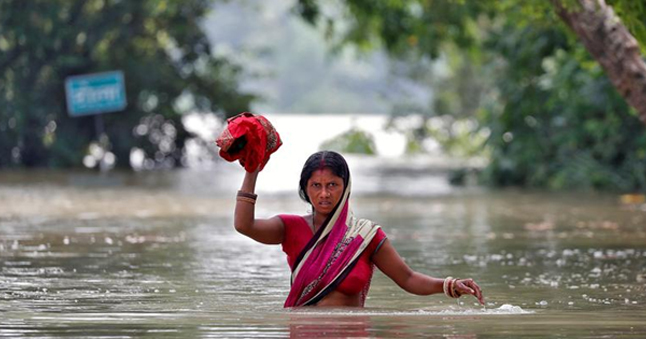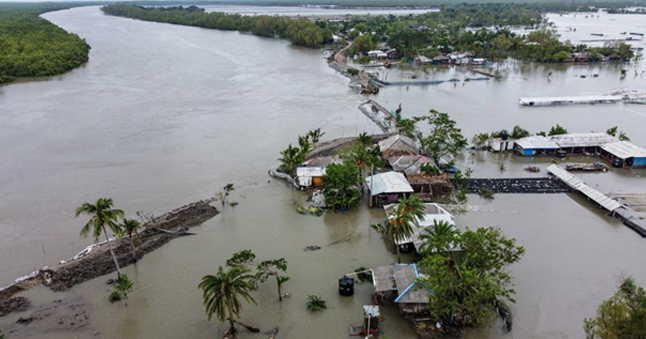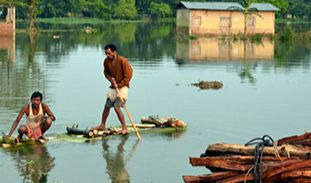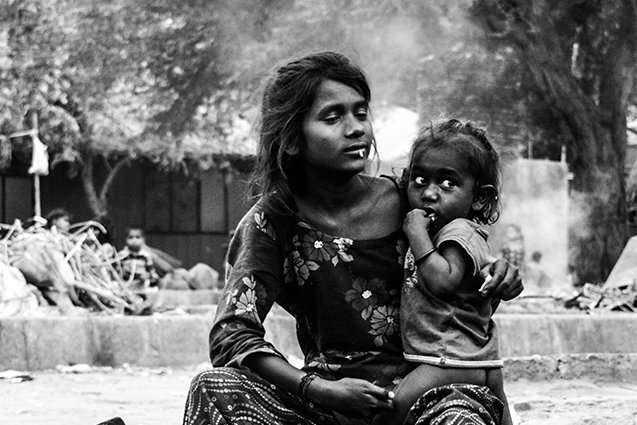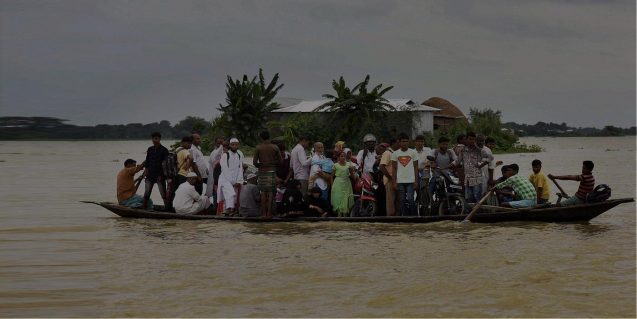HUMANITARIAN RESPONSE TO EMERGENCIES
Emergency situations and disasters affect vulnerable communities disproportionately. The general living conditions and the precarious location of these communities often make them the first affected by a crisis and its impact more devastating. Most often disaster response efforts — rescue, relief and rehabilitation, do not reach them or they are not able to access them immediately. Recognising this reality ActionAid Association’s emergency response seeks to target people living in poverty and exclusion, and amongst them women, children, the aged and people with disability.
ActionAid Association believes that people without access to information and resources are less able to protect themselves from the impact of disasters, and to access the help to which they are entitled. We believe that change will only happen and be sustainable if rights holders are aware, conscious and organised to challenge power and hold the state and other duty bearers accountable in all situations –including in emergencies.
Emergencies We Have Responded to So Far
our approach
Ensuring community-led responses
Experience shows that communities are best placed to respond quickly when disasters strike and
are the experts on what they need to survive and recover. By listening to people we can make
sure that our responses are appropriate and meet the needs people have expressed
Promoting dignity
People are at their most vulnerable during emergencies. Promoting their dignity as human beings can
help preserve self-esteem and enable people to regain a sense of control over their own lives. Women
led community groups are requested to make decisions on who should be diginity
Committing to long-term response
While providing immediate relief is essential, we recognise the importance of supporting people to rebuild their lives through sustainable initiatives that promote lasting change. We link our emergency response to our longer term development work, helping change the power dynamics that keep people in poverty and at the same time increasing their resilience to future disasters.
Accountability and transparency
We view accountability and transparency as an integral part of the critical process of empowerment that seeks to enable crisis affected communities. ActionAid Association is part of the Humanitarian Accountability Partnerships that defines the standards for emergency response. We also follow the Sphere standards that provide benchmarks to improve the quality of humanitarian assistance and the accountability of humanitarian actors to their constituents, donors and affected populations. For instance, we set up transparency boards wherever feasible.
our intervention
As soon as disaster strikes, we ensure that the ActionAid Association team, our allied organisations in the area and our band of volunteers reach the site for evaluation and immediate relief. We reach out to the most vulnerable and excluded who are usually the last to receive relief. We ensure that single women, children, destitute, the aged, diseased are the first to receive relief and rehabilitation. We carry out our emergency preparedness and response in three phases:
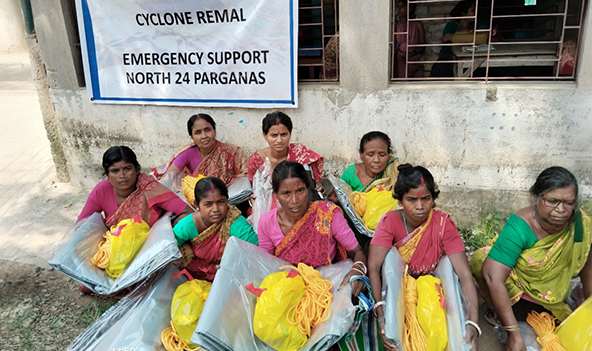
Emergency Response: Cyclone Remal Crisis – 2024
The Devastating Aftermath Tropical Cyclone Remal has left a trail of destruction in its wake, particularly in the districts of North and South 24 Parganas in West Bengal and the north-eastern states of Mizoram, Assam and Meghalaya. Beginning as a deep depression, Cyclone Remal rapidly intensified into a full-fledged cyclone by the evening of May 25. With devastating wind speeds ranging from 90 to 120 kilometres per hour, Cyclone Remal made landfall on May 26 approximately 80 kilometres southeast of...
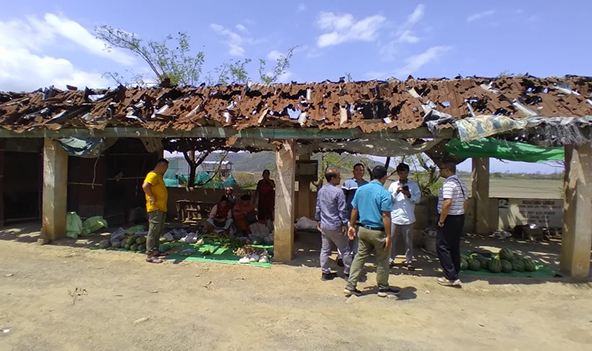
Emergency Response: Hailstorm in Manipur, Northeast – 2024
ActionAid Association has been at the forefront of emergency response efforts in Manipur, addressing critical needs following severe hailstorms that struck the state. These storms, which occurred on May 5th, 2024, inflicted widespread damage across 16 districts, particularly impacting vulnerable communities in Thoubal, Kakching (valley districts), and Noney (hill district). The disaster resulted in the destruction of houses, leaving many families homeless and disrupting livelihoods dependent on agriculture. In response to this emergency, ActionAid Association swiftly mobilized resources to provide...
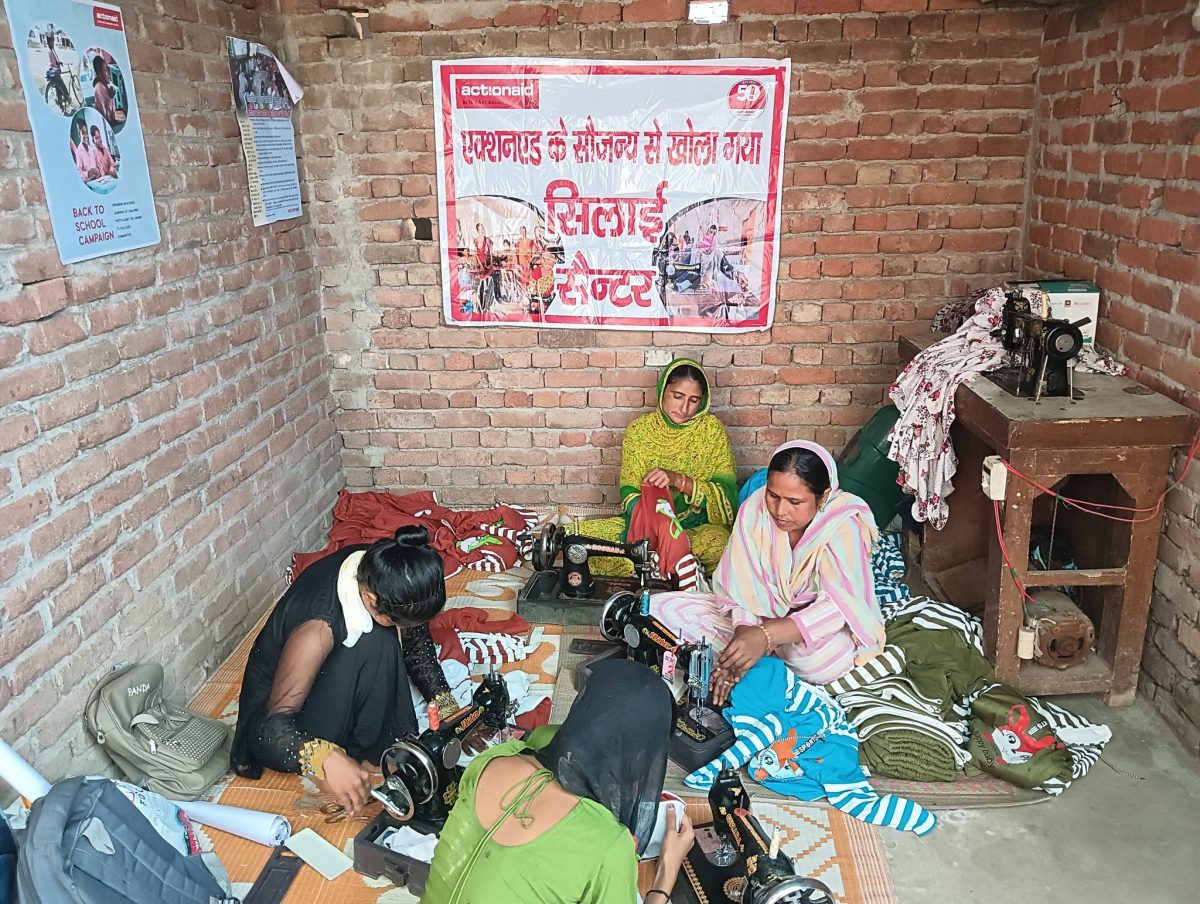
Emergency Recovery
Soon after the immediate phase of emergency response, we begin our medium and long-term rehabilitation and resilience building process. In this phase, we help in rebuilding of homes, livelihood rehabilitation, food security, psycho-social counselling to affected people and aiding the restoration work of key infrastructures like schools and hospitals. This is done by a combination of sustained advocacy and mobilising community action. At ActionAid Association (AAA), we recognise the importance of supporting people living in poverty to rebuild their lives...
Help us when disaster strikes Volunteer with us!
how can you support
![]() Help us get in touch with your friends, family or office colleagues to muster enough monetary support to help the affected communities. Refer us on your social media page/ company website/ CSR representatives to maximize our reach.
Help us get in touch with your friends, family or office colleagues to muster enough monetary support to help the affected communities. Refer us on your social media page/ company website/ CSR representatives to maximize our reach.
spread the word
 You can ‘signup as a volunteer’ and we will get in touch with you for the Relief operations.
You can ‘signup as a volunteer’ and we will get in touch with you for the Relief operations.
Volunteer
 Monetary support will help us RUSH help at the earliest. We will mobilize emergency supplies like water, food, medicine etc., as well as ensure long-term relief and rehabilitation post-disaster with your support!
Monetary support will help us RUSH help at the earliest. We will mobilize emergency supplies like water, food, medicine etc., as well as ensure long-term relief and rehabilitation post-disaster with your support!
